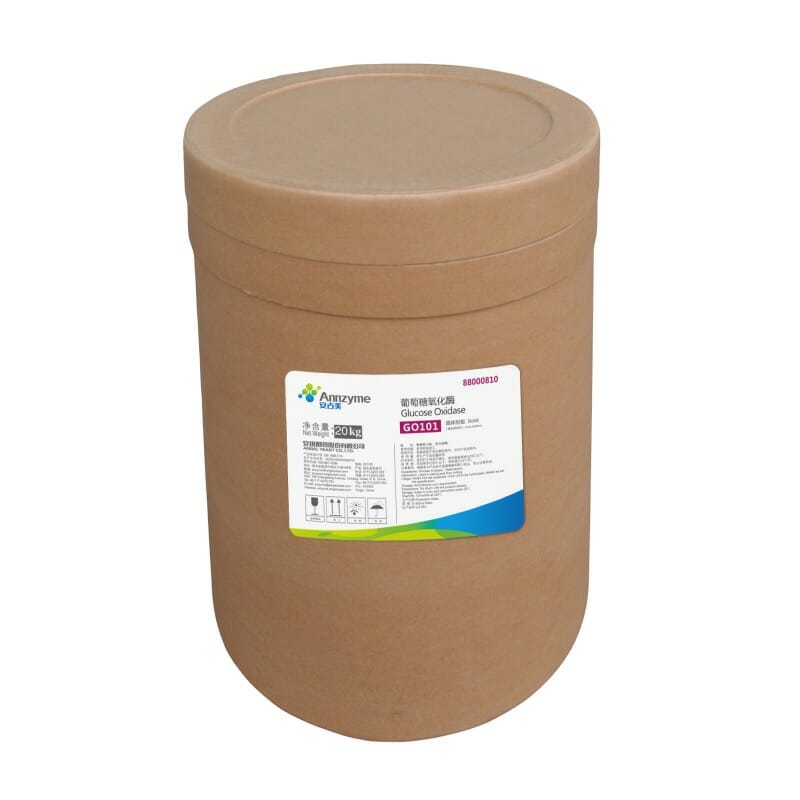SPOILER ALERT!
Pepsin Enzyme Function, Source Of Production And Where Is Pepsin Found
Proteins are molecules composed of huge chains of amino acids, that are bound together by peptide bonds. Small chains of amino acids are known as peptides, whereas larger chains are referred to as polypeptides. Amino acids and small peptides are absorbed by the intestinal linings and used as fuel, or as the constructing blocks for brand new proteins. A number of peptidases reside in the brush border or the cytosol of the enterocyte. The energetic sites of those enzymes face the intestinal lumen and they act in situ, upon contact with the protein in the chyme.
Fortunately, a mucus lining loaded with bicarbonate molecules helps shield against hydrochloric acid and creates a close to-neutral pH setting that deactivates pepsin. The acidic setting helps the enzyme by denaturing proteins and inflicting a change of their three-dimensional structure. This exposes more of their peptides to be accessible to this digestive enzyme.
However, the source of the enzyme influences its operate and its efficacy in restoring gastrointestinal operate and entire-body immunity. Plant-based digestive enzymes are useful over a variety of pH levels, making them best for aiding overall perform all through the digestive system.
It produces milk coagulation, acting on essentially the most plentiful protein of milk, casein. Rennin transforms casein into paracasein in the presence of Ca2+ ions, forming a calcium paracaseinate precipitate. This change in casein conformation facilitates its digestion by other proteases. You could have heard of the proposed benefits of supplemental digestive enzymes for reducing symptoms of digestive distress, improving immune function, and treating problems similar to pancreatitis.
https://enzymes.bio/ act in the lumen the place they are current as parts of disintegrating cells that have been shed from the ideas of the villi. Others are oligopeptidases, which degrade small peptides, similar to tetrapeptides.
There is also a dipeptidyl aminopeptidase that removes dipeptides from the N-terminal of proteins. It favours peptide linkages where aromatic amino acids are current. It is liable for the digestion of solely approximately 15% of dietary protein. Protein digestion isn't impaired in the absence of pepsin because different proteases can be found. This proteolytic enzyme, also known as chymosin, is secreted by the fourth stomach of ruminants at early phases of life.

Animal-based mostly enzymes are only functional in a slim pH range, making them ineffective in the stomach. However, animal-primarily based enzymes could also be beneficial for concentrating on explicit digestive problems. In the small intestine, trypsin breaks down proteins, persevering with the method of digestion that began within the abdomen. It can also be referred to as a proteolytic enzyme, or proteinase. After pepsin has accomplished its job, the peptides it launched passes to the gut.
Fortunately, a mucus lining loaded with bicarbonate molecules helps shield against hydrochloric acid and creates a close to-neutral pH setting that deactivates pepsin. The acidic setting helps the enzyme by denaturing proteins and inflicting a change of their three-dimensional structure. This exposes more of their peptides to be accessible to this digestive enzyme.
However, the source of the enzyme influences its operate and its efficacy in restoring gastrointestinal operate and entire-body immunity. Plant-based digestive enzymes are useful over a variety of pH levels, making them best for aiding overall perform all through the digestive system.
It produces milk coagulation, acting on essentially the most plentiful protein of milk, casein. Rennin transforms casein into paracasein in the presence of Ca2+ ions, forming a calcium paracaseinate precipitate. This change in casein conformation facilitates its digestion by other proteases. You could have heard of the proposed benefits of supplemental digestive enzymes for reducing symptoms of digestive distress, improving immune function, and treating problems similar to pancreatitis.
https://enzymes.bio/ act in the lumen the place they are current as parts of disintegrating cells that have been shed from the ideas of the villi. Others are oligopeptidases, which degrade small peptides, similar to tetrapeptides.
There is also a dipeptidyl aminopeptidase that removes dipeptides from the N-terminal of proteins. It favours peptide linkages where aromatic amino acids are current. It is liable for the digestion of solely approximately 15% of dietary protein. Protein digestion isn't impaired in the absence of pepsin because different proteases can be found. This proteolytic enzyme, also known as chymosin, is secreted by the fourth stomach of ruminants at early phases of life.

Animal-based mostly enzymes are only functional in a slim pH range, making them ineffective in the stomach. However, animal-primarily based enzymes could also be beneficial for concentrating on explicit digestive problems. In the small intestine, trypsin breaks down proteins, persevering with the method of digestion that began within the abdomen. It can also be referred to as a proteolytic enzyme, or proteinase. After pepsin has accomplished its job, the peptides it launched passes to the gut.
